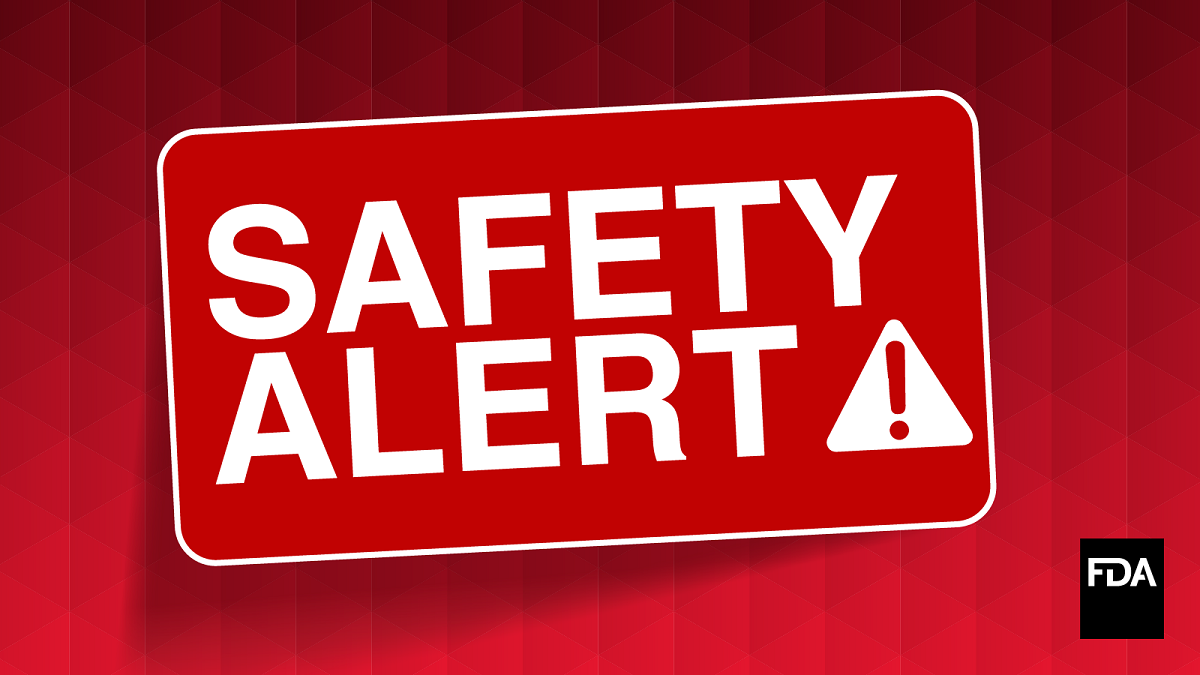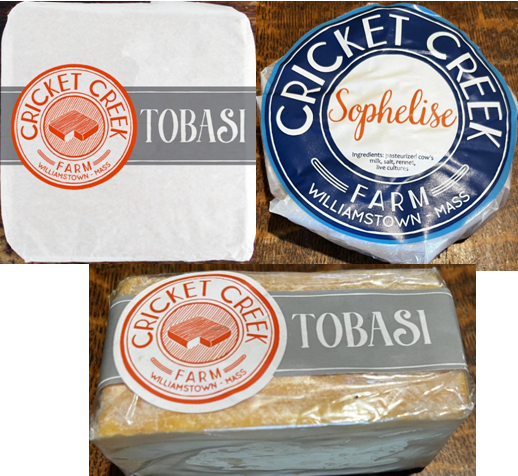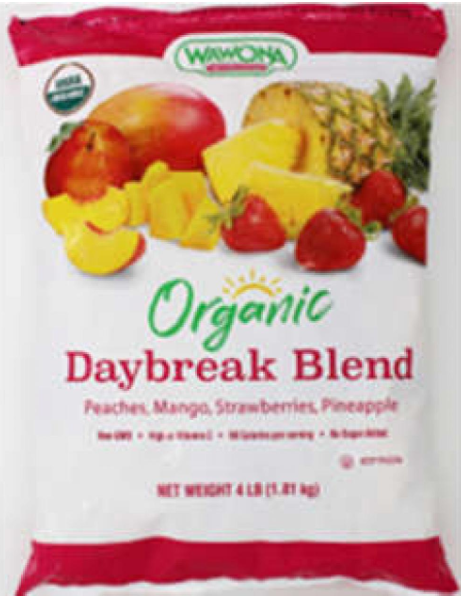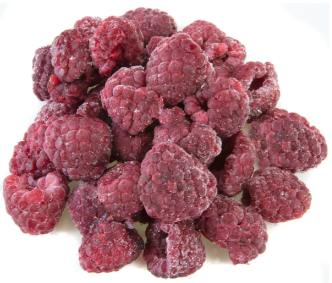The FDA is advising consumers not to eat, and restaurants and food retailers not to sell, and to dispose of Dai One Food Co., Ltd., frozen raw half shell, IQF. The product was sold in Hawaii, Georgia, and Minnesota. The Hawaii Department of Health notified the FDA of five illnesses from individuals who consumed raw oyster shooters at a restaurant in Hawaii on 5/10/23. Traceback information revealed the source for the implicated raw oysters was a shipment by Dai One Food Co., Ltd., ROK, harvested on 4/13/2022 and 4/14/2022 from Designated Area No. II. Samples collected from the 04/14/2022 harvest date were tested for the presence of Norovirus. Norovirus GII was detected in one of the two samples collected. Further traceback information identified shipments from Dai One Food Co., Ltd., ROK of oysters harvested on 4/13 2022 and 4/14/2022 from Designated Area No. II was also distributed to Georgia. The Minnesota Department of Health notified the FDA of five norovirus illnesses from individuals who consumed raw oysters at a restaurant in Minnesota on 6/3/2023 and 6/4/2023. Traceback information revealed the source for the implicated raw oysters was a shipment by Dai One Food Co., Ltd., ROK, harvested between 2/10/2022 and 2/24/2022 in Designated Area No. II. These oysters were exported to a distributor in New York. @ https://www.fda.gov/food/alerts-advisories-safety-information/fda-advises-restaurants-and-retailers-not-serve-or-sell-and-consumers-not-eat-certain-raw-oysters?utm_medium=email&utm_source=govdelivery




